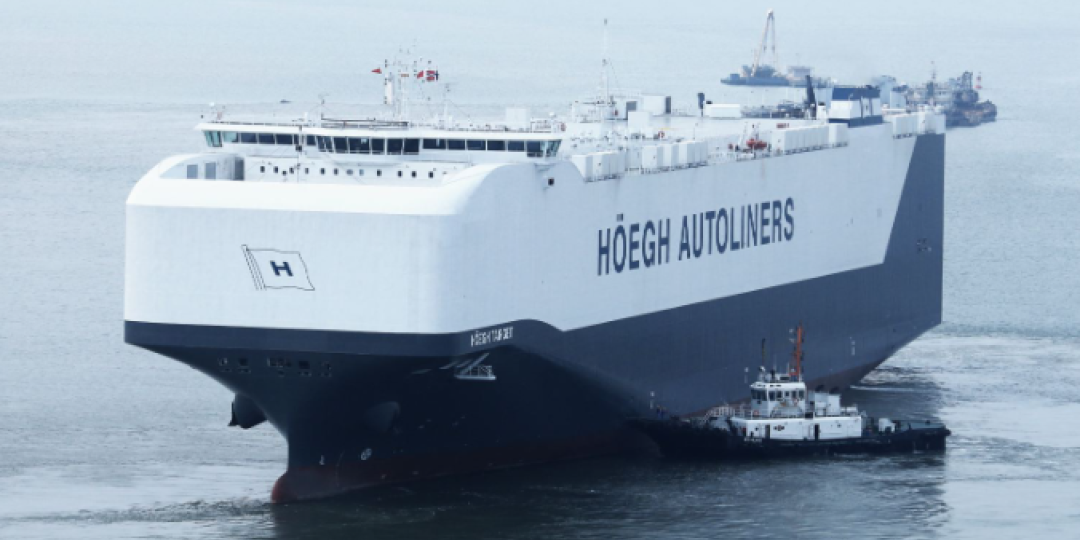Seaborne car trade volumes are poised to surpass pre-Covid levels by 12% this year and 19% in car miles, as indicated by the latest projections from Clarksons Research.
According to liner trade platform, the sector that has particularly excelled in shipping this year is that of car carriers or roll-on roll-off vessels (ro-ros).
Clarksons data project that global deep-sea car trades are anticipated to grow by a substantial 17%, reaching 23.7 million cars.
This surpasses the record of 21.5 million cars set in 2018, with the surge primarily driven by increased Chinese exports.
Ro-ro operators are benefiting from an additional factor – the rising proportion of trade represented by larger and heavier electric vehicles and hybrids.
These vehicles now constitute 29% of cars transported by sea this year, a significant rise from the 9% reported in 2019.
The shortage of car carriers, stemming from a decade of limited orders, has elevated their value over the past year.
Rates have reached record levels amidst a post-pandemic resurgence in car demand. This surge has bolstered the car carrier order book, with owners securing slots predominantly in China for oversized vessels.
Notably, carmakers have even ventured into the container carrier sector, taking advantage of weakened rates.
The latest data reveals that in 2023, 80 vessels with a capacity of 677 000 CEU (car equivalent units) have been confirmed ordered, establishing a new annual record and bringing the order book to approximately 37% of fleet capacity.
Clarksons, in its most recent weekly report, characterises the ro-ro markets as "exceptionally tight", a persistent trend apparently.
Singaporean industry site Splash 247 reports that by November, a one-year time charter rate for a 6 500 CEU ship had risen to $115 000 a day, marking a further 10% increase from the already record levels a year ago and more than double the previous high recorded in Q2 2008. – Asia Shipping Media













